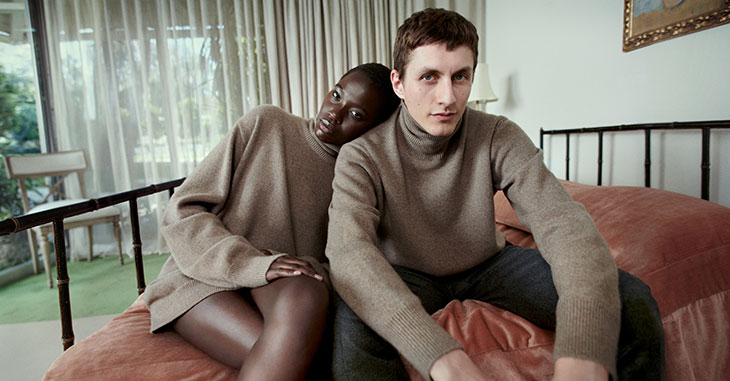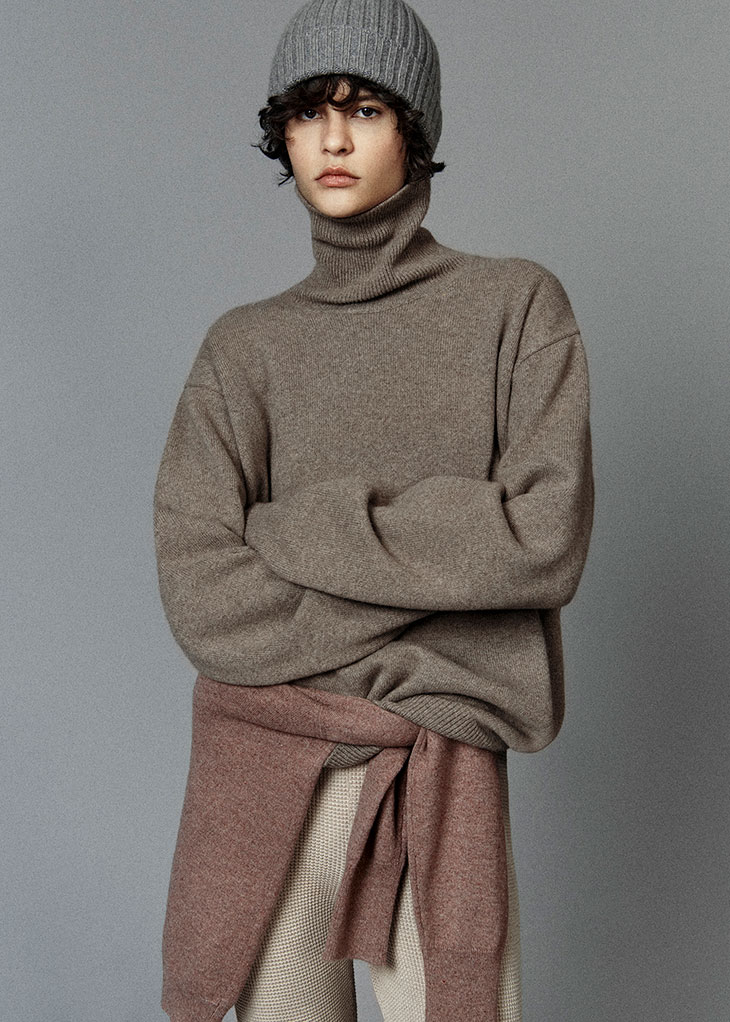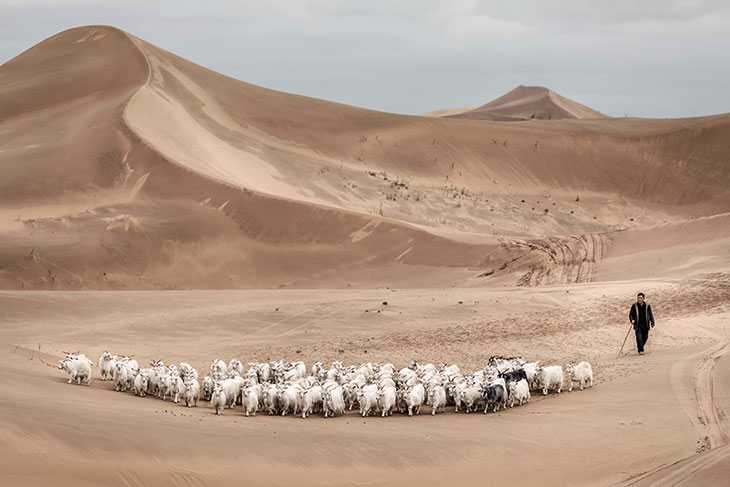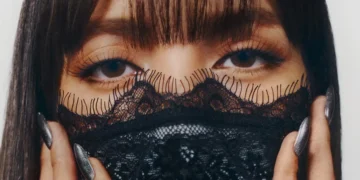
Loro Piana, the Italian cashmere brand long associated with uncompromising quality and rare materials, has come under court-ordered supervision in Italy following allegations of labour exploitation in its supply chain. The Milan court’s ruling, made public in July, revealed that thousands of the brand’s jackets were manufactured in illegal Chinese-owned workshops operating on the outskirts of Milan. According to BoF, these sweatshops allegedly employed undocumented migrant workers under abusive conditions.
FASHION NEWS
The court documents describe workers logging up to 90-hour weeks for as little as €4 per hour. Prosecutors linked these factories to unauthorized subcontracting arrangements made by intermediaries, whom Loro Piana had hired despite lacking real production capacity. Instead of monitoring the subcontracting process, the brand failed to detect or prevent the outsourcing of work to unregulated manufacturers, according to investigators.

The findings place Loro Piana under judicial administration for a period of one year, during which court-appointed officials will monitor the company’s operations. Loro Piana has stated it was only made aware of the subcontracting violations in late May and swiftly cut ties with the implicated supplier. In its public response, the brand said it is reviewing and improving its auditing processes. Parent company LVMH has not commented on the case.
This is the second LVMH-owned brand to be targeted in Italy’s ongoing investigation into labour abuses in the luxury sector. Dior faced similar scrutiny last year and was released early from supervision after implementing enhanced monitoring procedures. The Italian competition authority later closed a separate investigation into Dior without finding wrongdoing. Loro Piana’s case, however, has reignited concerns over how the industry’s most prestigious houses conduct their production behind the scenes.
Loro Piana’s reputation has historically rested on its ability to control each step of its manufacturing chain, from sourcing rare fibres like baby cashmere in Mongolia to weaving fabrics in Italy. When LVMH acquired an 80-percent stake in the company in 2013 for €2 billion, the brand was already revered for its textile expertise and artisanal prestige. Under LVMH’s ownership, Loro Piana expanded into new categories and rapidly grew its sales, reportedly surpassing €3 billion in turnover last year.
But this growth has come at a cost. The Milan court emphasized that the exploitative subcontracting practices continued even after earlier investigations had exposed similar abuses at other luxury houses. In 2024, Bloomberg had already linked Loro Piana’s vicuña sourcing in Peru to the exploitation of Indigenous communities, a report the brand disputed while reiterating its adherence to ethical practices.

Industry-wide, the Milan prosecutors’ investigations have pulled back the curtain on systemic issues within Italian luxury production. The country manufactures about half of the world’s luxury apparel and accessories, relying on a dense network of small factories. This decentralized model has made supply chain oversight increasingly difficult, and many brands have used third-party intermediaries to shield themselves from direct responsibility.
According to one supplier interviewed by police, the cost of producing jackets for Loro Piana ranged between €118 and €128 per item. Those same jackets often retail for over €3,000, raising questions about how much of the final price supports ethical labour practices.
Frédéric Arnault, recently appointed CEO of Loro Piana and son of LVMH chairman Bernard Arnault, now faces the task of repairing the damage to the brand’s image. The court’s ruling strikes at the core of Loro Piana’s identity, one built on exclusivity, excellence, and transparency. If the company is to preserve its stature, a thorough reckoning with its production model may no longer be optional.



















